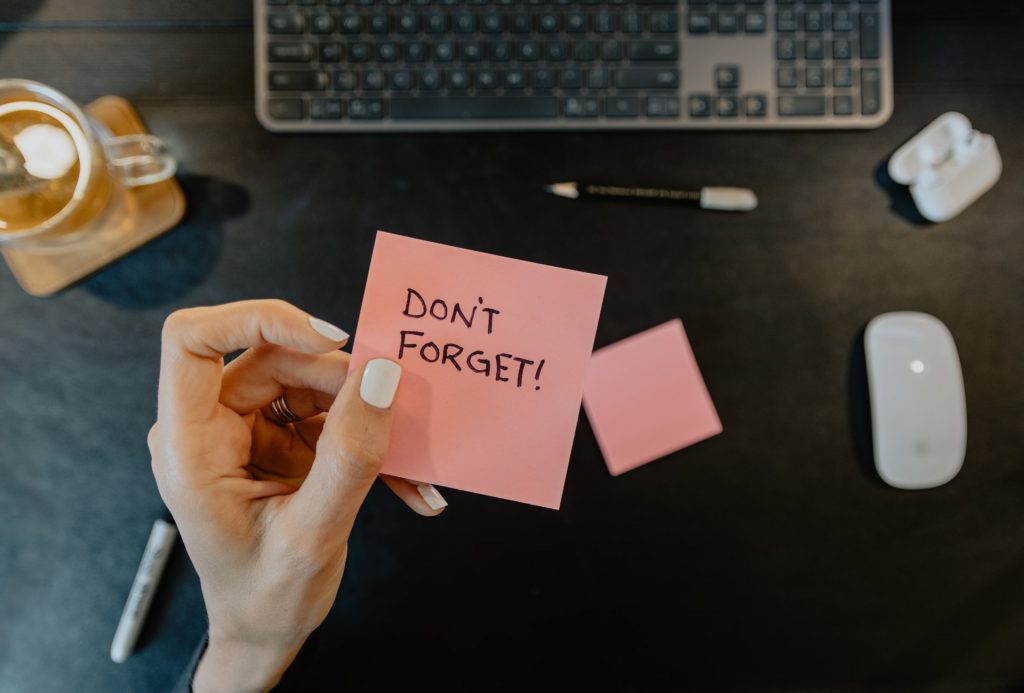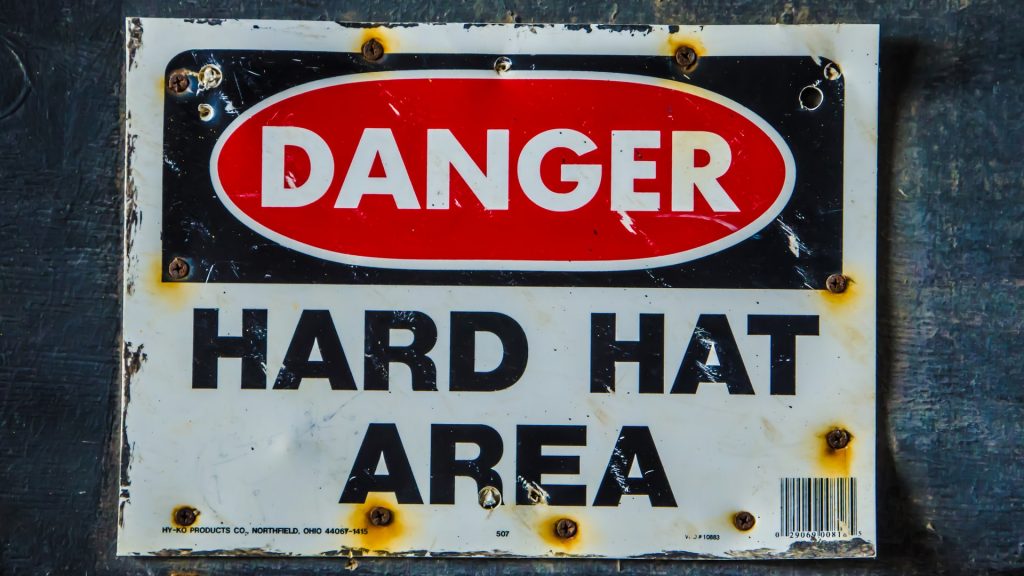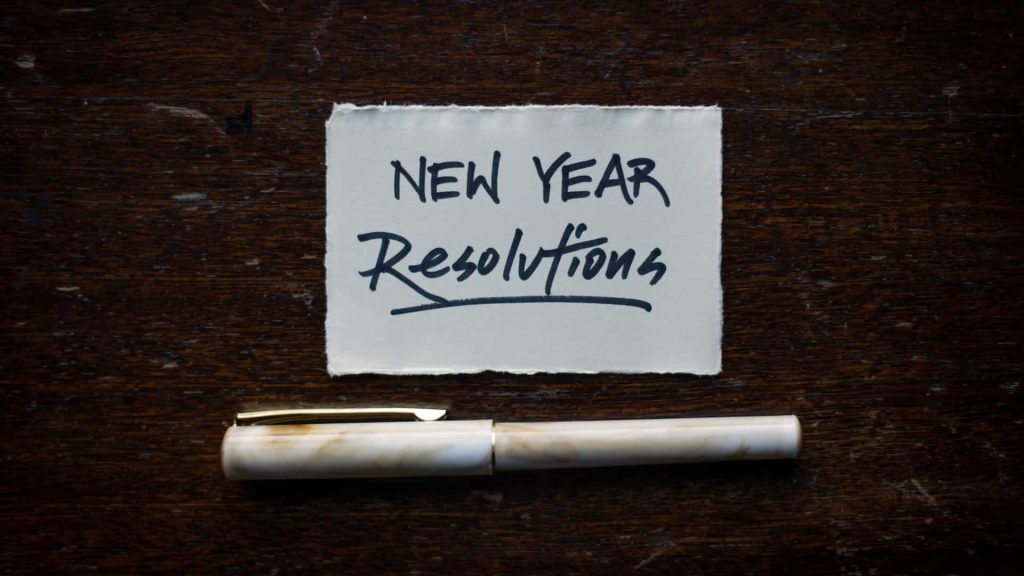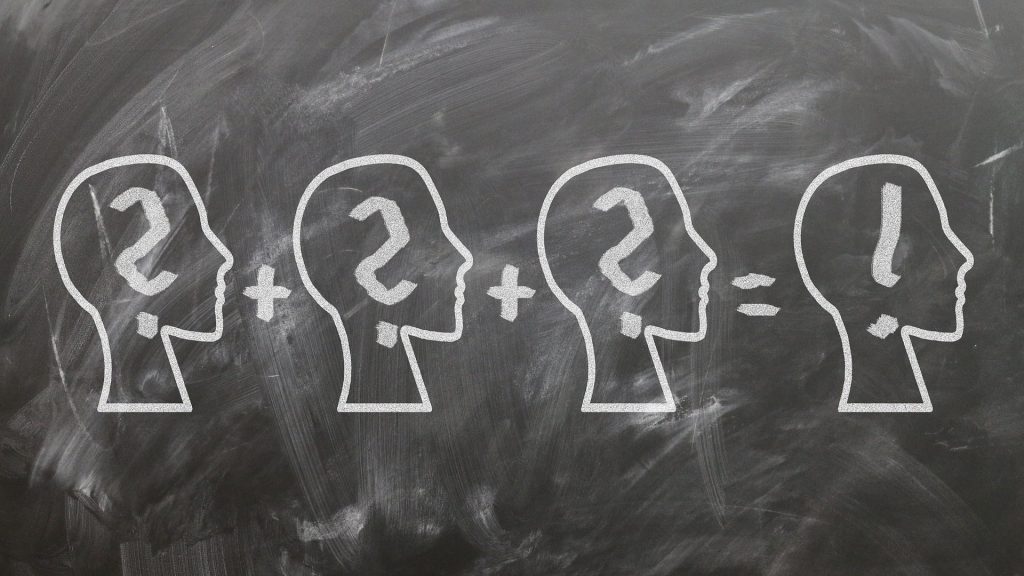Getting into ‘the zone'
We all know what it feels like when we’re in ‘the zone'. Words flow easily, we're ticking tasks off our to-do list like there’s no tomorrow and we feel focused and ready to tackle the day! Some days this state comes naturally, and others you must work hard, both physically and mentally, to get into this flow state. Let’s look at how you can direct your focus, create mental clarity, and get into ‘the zone’, every day.
What is ‘The zone' ?
We’ve already established what ‘the zone’ feels like, but what is it actually? Well, the zone is the space where you are fully immersed in whatever task you are doing. This state has been popularised by psychologist Mihaly Csikszentmihalyi, as the flow state. Both of these concepts are the same in essence. They are about giving 100% concentration and attention to one task and finding the place within your brain where things just click.
Some of the conditions that these states need are: giving your fullest attention to the task and being singularly focused on it, and being totally immersed in it. Once these conditions collide, background brain-chatter disappears, aches and pains and fatigue, that normally affect productivity, fade and you have a laser-sharp focus on the task ahead. Engagement and complete concertation are the most important factors that must be present to reach the zone.
Getting in the zone and the flow state is not isolated to work, you can attain these states while cleaning, playing sport, exercise and beyond! The task that the zone occurs in is not the question at hand, it is the mindset, the practices and habits that create the flow, that we want to look at. Now that we know what the zone is, let’s look at how we get there!
The Ingredients of Flow
One of the most important ingredients of the flow state is the lack of distractions. Distractions are the killer of productivity. There is a difference between taking intentional breaks during a task (which is essential for optimal brain function) and unintentional distractions that take you off course. While there have been countless studies into distractions and their effects on the brain and focus, one of the most shocking statistics about distractions is this: it takes 23 minutes and 15 seconds to fully get back to the task after being distracted. It is not the distraction that is the biggest issue here, it is the period after the distraction that is. Some simple ways to cut distractions could be headphones, music, having your phone out of reach and creating times in your calendar that are specifically set for uninterrupted work.
As well as lack of distractions, another ingredient that is essential to getting into the zone, is avoiding multitasking! Multitasking is great in theory, but our brains aren’t wired this way. As we discussed in the last blog post, our brains work best when giving 100% focus and undivided attention to one task at a time. When we are switching from one task to the other, our brains experience what is called the ‘cognitive switching penalty'. Which in its simplest form, means that the brain takes extra time and energy to get back into the previous task. A focus penalty if you will. Your brain will thank you with a deeper level of focus by avoiding multitasking.
Some other ingredients that are essential to the zone, are good sleep and good fuel for the body. Your body needs food that will support your brain and body for the entire duration required to complete the task. Hunger will take you out of your flow! Foods that are high in sugar and short-term energy boosters like energy drinks, will make you crash. Yes, they will give you a temporary lift, but it is the comedown that you should be worried about. Once the sugar hit has passed, you won’t be able to sustain your flow state. In addition to food, fatigue will impact significantly your ability to concentrate and enter the flow state. It is important that you are getting good quality and quantity sleep to ensure that you can remain in the zone!
Don't Forget…

There are some important things to note about the zone. The first of them is that there is no ‘zone’ for new tasks. Doing something for the first time will not invite a flow state. Being in the zone requires the subconscious part of the brain, and new tasks do not yet have strong enough neural pathways to become automatic. The nature of the zone requires you to not be thinking too hard or overthinking every action. Yet starting something new requires you to think deeply about every action you’re taking. So, if you’re trying something new, do not be discouraged if you aren’t in the flow state, give it time and repetition and eventually, you will find yourself in the zone!
Another important thing to note is that the zone is emotional. Emotional in the sense that it relies on passion and intrigue to help attain a flow state. You may notice as you practice getting in the zone, that some tasks are easier to achieve than others. This is because you may have a more emotional connection with them, and with other tasks that feel more mundane and out of your passions, it may be harder to get into the zone. Once again, be patient with yourself, and try not to overthink it. Overthinking is the enemy of the zone!
So, as you prepare to enter the zone, remember to cut distractions, avoid multitasking, fuel your body with good food and quality sleep and try not to overthink it! Sounds easier said than done, but with practice and knowing the conditions you work best under, you will find yourself in the zone and flow state more and more often!
References –
Allworth, J. (2012). How to get into your zone. Harvard business review. https://hbr.org/2012/03/how-to-get-into-your-zone
Garfield, A. (n.d.) How to get into the zone. Summit Performance Psychology. https://summitperformancepsych.com/how-to-get-into-the-zone/
Headspace. (n.d.). What is a flow state and what are its benefits? Headspace. https://www.headspace.com/articles/flow-state
Lastoe, S. (n.d.) This is nuts: It takes nearly 30 minutes to refocus after you get distracted. The Muse. https://www.themuse.com/advice/this-is-nuts-it-takes-nearly-30-minutes-to-refocus-after-you-get-distracted
Patterson, R. (2018). The flow state: How to enter your brain’s most productive state. College Info Geek. https://collegeinfogeek.com/flow/
Weinschenk, S. (2012). The true cost of multitasking. Psychology Today. https://www.psychologytoday.com/au/blog/brain-wise/201209/the-true-cost-multi-tasking
Wong, K. (2015). How long it takes to get back on track after a distraction. Life Hacker. https://lifehacker.com/how-long-it-takes-to-get-back-on-track-after-a-distract-1720708353


